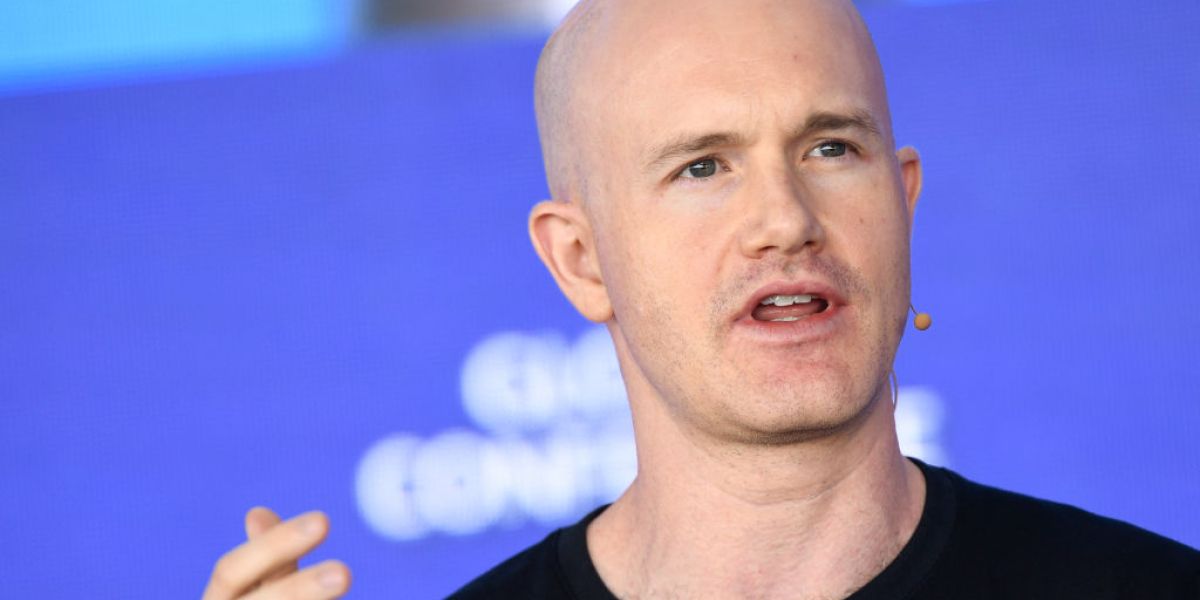Trump and Coinbase CEO speak by phone—a sign of crypto’s new political clout
The call came at a time when the crypto industry is poised to enjoy unprecedented power in Washington, D.C.


What a difference an election can make. For years, the crypto industry wandered in the political wilderness of the Biden era, while many companies mulled pulling out of the U.S. altogether. Now, fresh off a campaign season that saw crypto leaders spend over $100 million, the industry is welcome in the highest corridors of power in Washington, D.C.
This newfound influence was reflected in a phone call this week between President-elect Donald Trump to Brian Armstrong, founder and CEO of Coinbase. Armstrong and his company poured nearly $50 million into supporting pro-crypto candidates, whose ranks now include Trump, a onetime Bitcoin skeptic who became a full-on convert to digital currency earlier this year.
In recent months, Trump has floated ideas like a crypto advisory council and a strategic reserve for Bitcoin. He also counts a number of longtime crypto boosters in his inner circle, including Elon Musk and the CEO of Cantor Fitzgerald, Howard Lutnick, whose firm helps manage the reserves of stablecoin giant Tether and who on Tuesday was tapped to be Commerce Secretary.
A person familiar with the call, who spoke on the condition of anonymity, said Armstrong and Trump did not discuss specific appointments but instead spoke about crypto on a broader level. Coinbase declined to comment on the call. The Wall Street Journal reported on Monday that the two would meet.
There have also been unconfirmed reports on X that another prominent crypto CEO, Ripple’s Brad Garlinghouse, has had direct access to the President-elect. A Ripple spokesperson told Fortune the company does not discuss private conversations.
According to the person familiar with the Trump-Armstrong call, as well as a well-known D.C. crypto figure, the industry’s primary focus for now is who will be appointed to lead two key financial agencies: the Securities and Exchange Commission and the Commodities and Exchange Futures Commission.
“The SEC is where all the damage is being carried out,” said the Washington, D.C., figure, citing a wave of lawsuits unleashed by Chairman Gary Gensler. While Gensler is expected to be gone by the end of the year, the person said it remains uncertain whether the agency will immediately call off numerous cases not related to fraud. They added that an interim chair would be less likely to take this step.
Meanwhile, the CFTC could take on a greatly expanded role in the crypto realm if legislation goes forward to strip the SEC of some of its proclaimed powers over digital assets and hands them to the commodities regulator instead. Among the front-runners to be the next leader of the CFTC are two crypto industry favorites: Summer Mersinger, who is a current commissioner; and Milbank lawyer Josh Sterling, who has regularly pled cases before the industry.
A final role the crypto industry is watching closely: who is selected to be the Treasury Department’s Under Secretary for Terrorism and Financial Intelligence, a position that helps oversee regulations related to money laundering and illicit banking.






